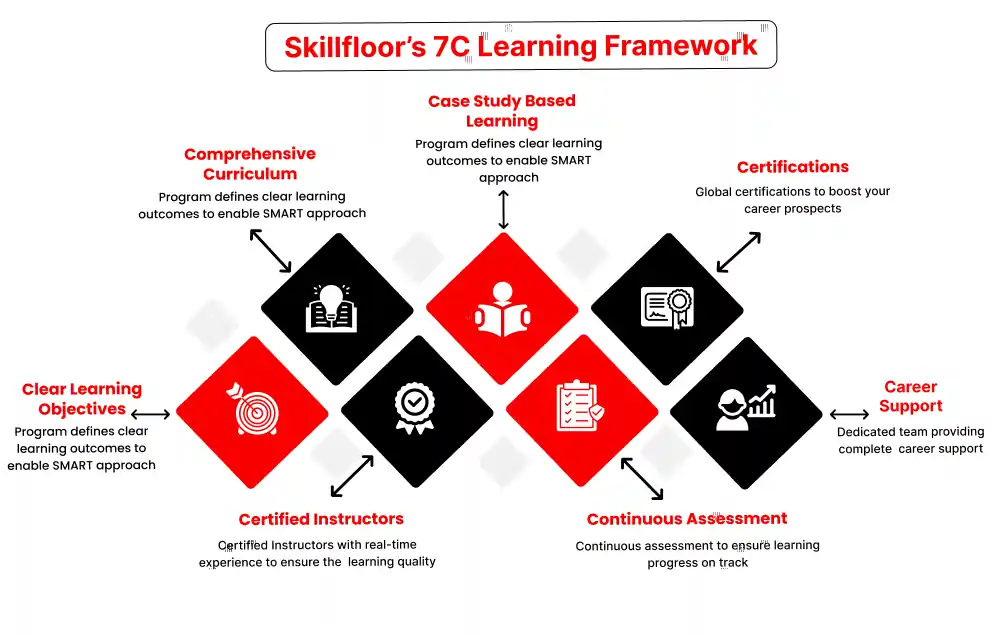Certified Python Developer
SKF-PyD-116
-

-
(326 Reviews)
- Career Potential: Python development is quickly developing, with chances in web development, data science, and artificial intelligence.
- Skills Acquired: This course provides students with skills in Python programming, including automation, web scraping, database management, and machine learning integration approaches.
- Internship: Successful completion of the course ensures an internship, which provides practical expertise in software development and improves employability in the flourishing technology industry.














